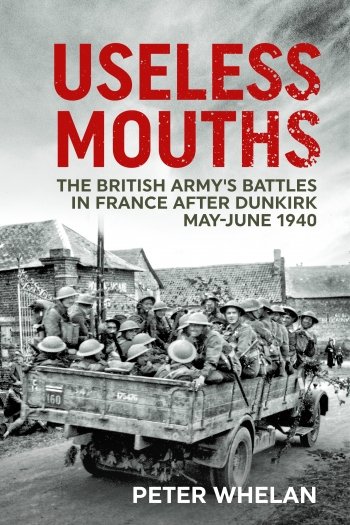-
Załączniki bezpieczeństwa
Załczniki do produktuZałączniki dotyczące bezpieczeństwa produktu zawierają informacje o opakowaniu produktu i mogą dostarczać kluczowych informacji dotyczących bezpieczeństwa konkretnego produktu
-
Informacje o producencie
Informacje o producencieInformacje dotyczące produktu obejmują adres i powiązane dane producenta produktu.HELION
-
Osoba odpowiedzialna w UE
Osoba odpowiedzialna w UEPodmiot gospodarczy z siedzibą w UE zapewniający zgodność produktu z wymaganymi przepisami.
This book looks at the British Army’s supply service, how it developed, and how it failed - especially in the Crimea War - and how reforms in the 19th century reformed it. It examines how the lines of communication functioned during WW1 and the strains on it during the March 1918 German offensive. The focus of the book looks at the developments in the interwar years, and how it functioned during the French Campaign of May/June 1940. The role of the LOC after the German breakthrough in France has been underestimated and under reported. This part of the British Army performed well in difficult circumstances but individual efforts could not compensate for the woeful lack of organisation, equipment and training, nor that few if any senior officers had either experience or training to carry out the posts they occupied. Only the fortuitous mechanisation of the general transport system of the Army, not due to doctrine or foresight but a dearth of horses in the civil economy, enabled the Army to retreat faster and further than their horse bound allies - the French - and enemies - the Germans. There was bloody-mindedness on the part of the regimental officers and rank and file soldiers to do their best in difficult circumstances.








